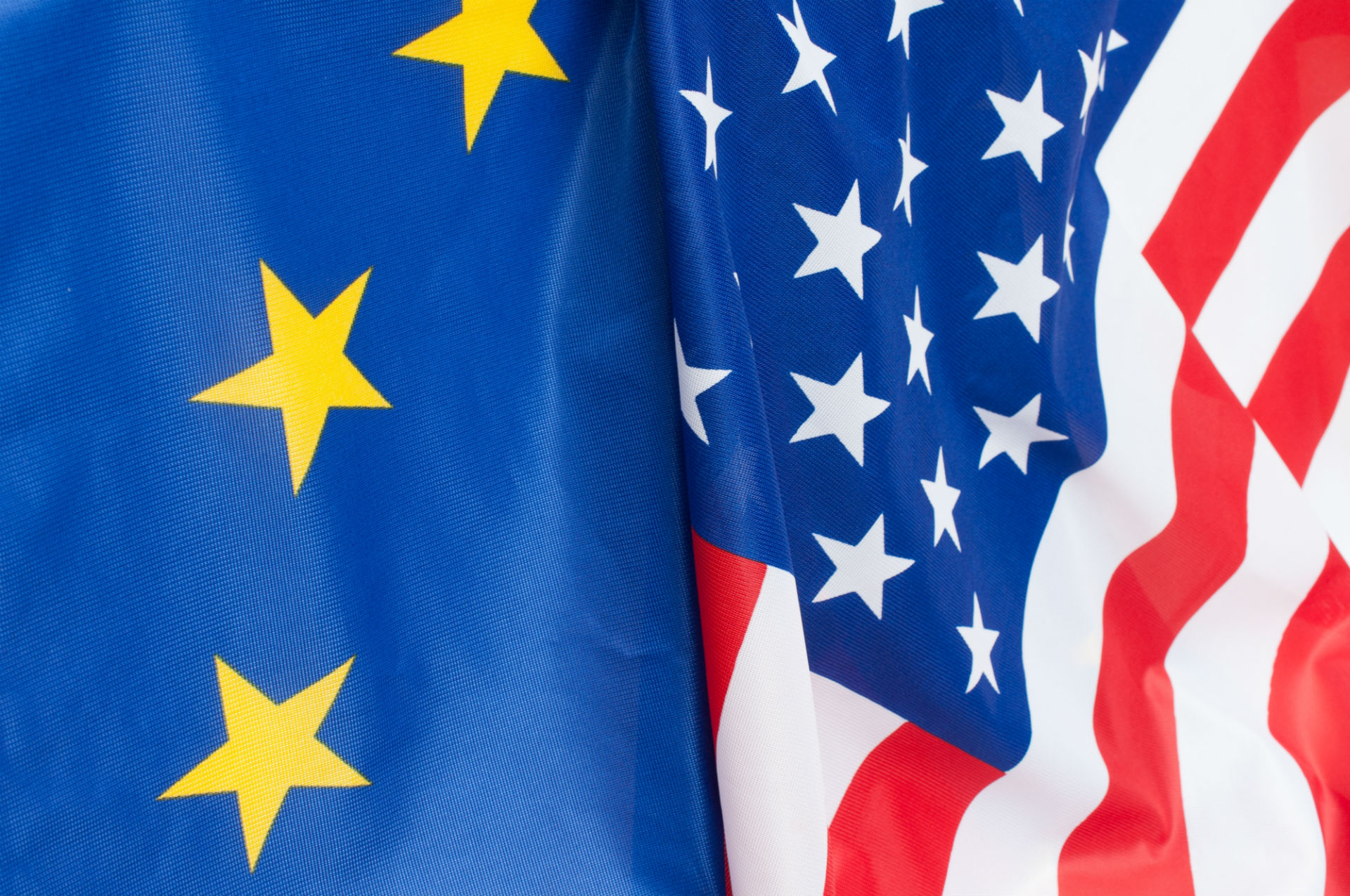A new EU-U.S. agenda in Finance

date: 26/02/2021
By Antoine Begasse
On 20 January 2021, Joseph Biden was inaugurated as the 46th President of the United States. During his inauguration speech, he vowed to “repair” U.S. alliances and “engage with the world once again”. He said that the U.S. will be “a strong and trusted partner for peace, progress and security”. In the very first days of his mandate, President Biden re-joined the Paris climate agreement, the World Health Organization and pledged to re-join the UN Human Rights Council.
Financial regulation
On 5 January, the Democrats gained control of the Senate by winning both run-off elections in Georgia. This will enable them to control the agenda of Congress. Nevertheless, legislative changes related to financial regulations are not expected to be the first priority. The U.S. government is focusing its action on the domestic responses to four crises: the health crisis, the economic crisis, the social-justice crisis and the climate crisis.
Most of the financial regulatory reforms are not expected to come from Congress but rather from U.S. federal financial regulatory agencies (SEC, CFTC, OCC, CFPB…). These agencies benefit from a high degree of autonomy from Congress. Some of the Biden administration’s priorities, such as the role of finance in dealing with climate change or social justice, could largely be addressed without any intervention from Congress.
On 2 December 2020, the European Commission and the High Representative of the Union for Foreign Affairs and Security Policy published a joint communication, proposing a new EU-U.S. agenda for global change. In the field of finance, two main areas for cooperation were identified: sustainable finance and sanctions. The communication proposed a transatlantic cooperation to design a regulatory framework for sustainable finance. As major financial hubs and regulators, the EU and the U.S. are best placed to lead this work, which aims to mobilise and channel private investment to finance the transition to a more sustainable economy. The communication also stated that the EU will seek to enhance coordination on the use of sanctions. Other potential areas for cooperation have also been identified, including cybersecurity capacity building and investment screening.
Financial Regulatory Forum
The EU-U.S. regulatory cooperation in finance is carried out through the Joint EU-U.S. Financial Regulatory Forum. The forum was set up in 2016 by former U.S. Secretary of the Treasury Jacob J. Lew and then Vice-President Valdis Dombrovskis. Twice a year, it brings together senior EU and U.S. administration officials to discuss current policy issues and examine specific problems arising in the area of bilateral cross-border regulation. Over the years, it has helped to build and maintain mutual trust and delivered valuable solutions to bilateral regulatory challenges.
With the new administration taking shape, the EU and the U.S. face similar challenges when it comes to finance. Both are aiming to maintain financial stability, protect consumers, address climate change, fight money laundering and the financing of terrorist activities, and ensure that the regulatory framework is fit for the digital age. In the years to come, under the leadership of Commissioner Mairead McGuinness, there is a wide scope for cooperation with the new U.S. administration.
Antoine Begasse is the finance counsellor at the EU delegation to the United States in Washington
Read the joint communication on ‘A new EU-US agenda for global change’
Read more about the Joint EU-US Financial Regulatory Forum

